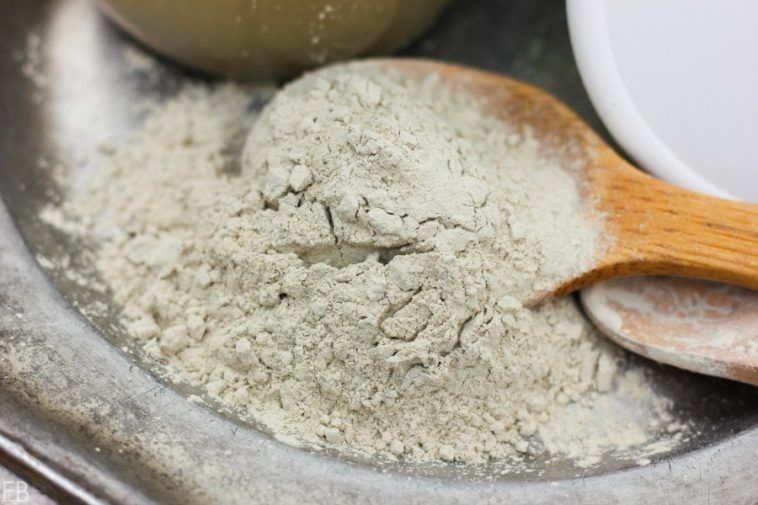The Rise of Bentonite Clay
Bentonite clay is on the rise as one of the most effective skin care ingredients to get clear skin, but what exactly is it? Read up here on what exactly bentonite clay is and what it can do for your skin!

Bentonite clay has once again gained popularity for internal and external detoxification. Bentonite clay is also known as Montmorillonite clay. This clay consists of aged volcanic ash also known as “Montmorillonite.” The name comes from the largest known deposit of bentonite clay located in Fort Benton, Montana.
Bentonite clay is a fine, soft, and odorless powder which has a high concentration of minerals such as silica, calcium, magnesium, sodium, iron, and potassium. It is able to absorb and remove toxins, heavy metals, impurities, and chemicals.
Due to its abilities to remove impurities, it has become a common ingredient in detox and cleaning products. Some common external uses are mud masks and detox baths. Bentonite clay is a unique clay due to its ability to produce an “electrical charge” when hydrated. Upon contact with fluid its electrical components change to a strong negative charge which bonds to the positive charge in many toxins.
What Does It Do For The Skin?
Clogged pores are normal for any person. They are a result of dead skin cells getting trapped in your skid instead of being exfoliated. Pores are tiny openings in your skin which release oil and sweat. When clogged, it may result to whiteheads, blackheads, acne, and even a dull complexion.
Making a paste with bentonite clay, water, and apple cider vinegar, and applying it as a mask helps unclog your pores. It even shrinks them in the process! Aside from this, it also helps control the overproduction of sebum and draws out toxins from your skin. Too much oil on the skin as well excess bacteria usually results to acne. By regularly applying bentonite masks, getting you that soft and glowing skin is achievable in just a few uses.
Bentonite clay is very beneficial and safe for all skin types, whether it be normal, oily, dry, or even combination skin. Be advised that whenever you use bentonite clay as a mask, expect to feel the mask tightening as it dries.
A Few Precautions
Although it has tons of benefits, using bentonite masks everyday is not advised as it may dry out the skin. And if used with apple cider vinegar every time, it may even over-exfoliate your skin, resulting to: redness, irritation, tightness, dry patches, flaking skin, stinging, and even a burning sensation.
If you’re a bit unsure of whether or not bentonite clay will agree with your skin, do a patch test on a small, hidden area of your skin before you try it on your face. If there is no redness or any sign of irritation, this ensures that you are not allergic towards it. This is a good rule of thumb whenever you are trying out new products to avoid any negative reactions on your face.
For those of you who are still unsure of the effects of bentonite clay, then don’t worry! You may consult the many dermatologists registered at SeeYouDoc. They are all situated in the different parts of the Philippines so you can now easily find a skin specialist somewhere near you.
References: WellnessMama
